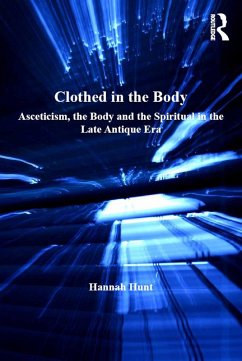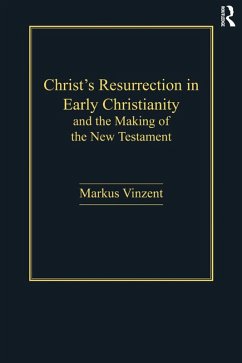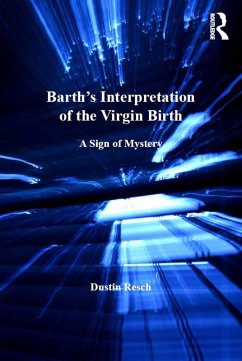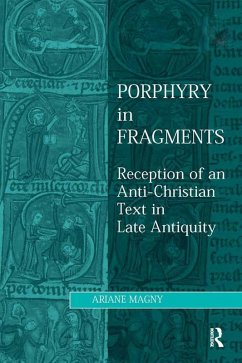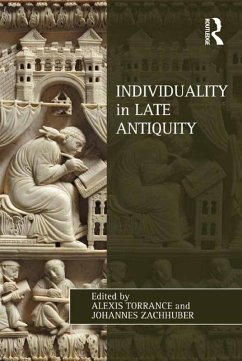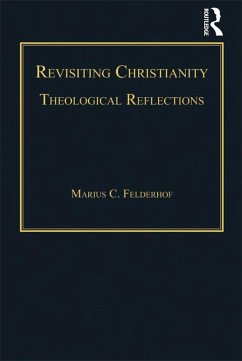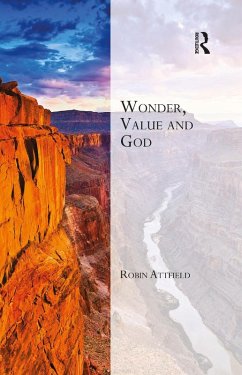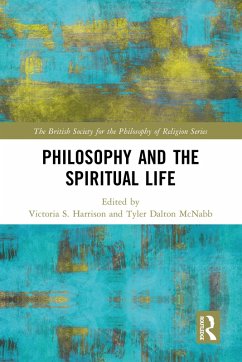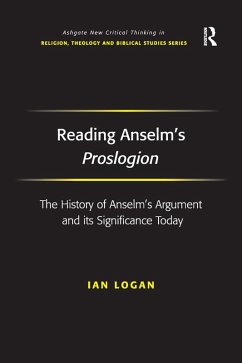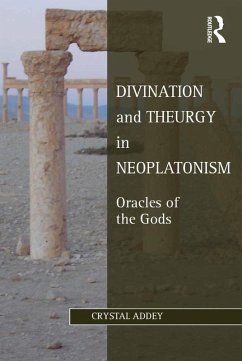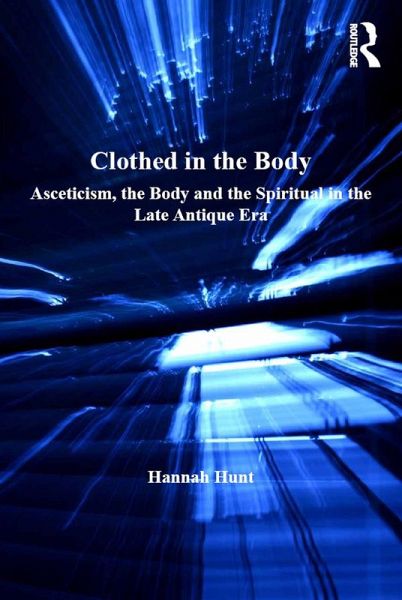
Clothed in the Body (eBook, ePUB)
Asceticism, the Body and the Spiritual in the Late Antique Era
Versandkostenfrei!
Sofort per Download lieferbar
52,95 €
inkl. MwSt.
Weitere Ausgaben:

PAYBACK Punkte
26 °P sammeln!
Hunt examines the apparent paradox that Jesus' earthly existence and post resurrection appearances are experienced through consummately physical actions and attributes yet some ascetics within the Christian tradition appear to seek to deny the value of the human body, to find it deadening of spiritual life. Hunt considers why the Christian tradition as a whole has rarely managed more than an uneasy truce between the physical and the spiritual aspects of the human person. Why is it that the 'Church' has energetically argued, through centuries of ecumenical councils, for the dual nature of Chris...
Hunt examines the apparent paradox that Jesus' earthly existence and post resurrection appearances are experienced through consummately physical actions and attributes yet some ascetics within the Christian tradition appear to seek to deny the value of the human body, to find it deadening of spiritual life. Hunt considers why the Christian tradition as a whole has rarely managed more than an uneasy truce between the physical and the spiritual aspects of the human person. Why is it that the 'Church' has energetically argued, through centuries of ecumenical councils, for the dual nature of Christ but seems still unwilling to accept the full integration of physical and spiritual within humanity, despite Gregory of Nazianzus's comment that 'what has not been assumed has not been redeemed'?
Dieser Download kann aus rechtlichen Gründen nur mit Rechnungsadresse in A, B, BG, CY, CZ, D, DK, EW, E, FIN, F, GR, HR, H, IRL, I, LT, L, LR, M, NL, PL, P, R, S, SLO, SK ausgeliefert werden.




